Main navigation
Personal historical account from Richard Lawton, MD, former faculty member in the University of Iowa Department of Surgery
The State University of Iowa was established in 1847. An attempt to establish a medical department of the State University took place in 1868. Many physicians throughout the state were invited to Iowa City to help in the organization. The medical school at the University of Iowa was based on a somewhat unique concept of the geographic, full-time physician appointment. This implied that the appointee would be assigned to one area—for example, the medical school—and would not have a practice outside of the medical school or university.

Portrait of the medical school faculty, 1870. Washington Freeman Peck (seated, second from left) served as dean of the school and chair of the Department of Surgery.
Department Chairs, 1870-Present
Nathan A. Womack, MD
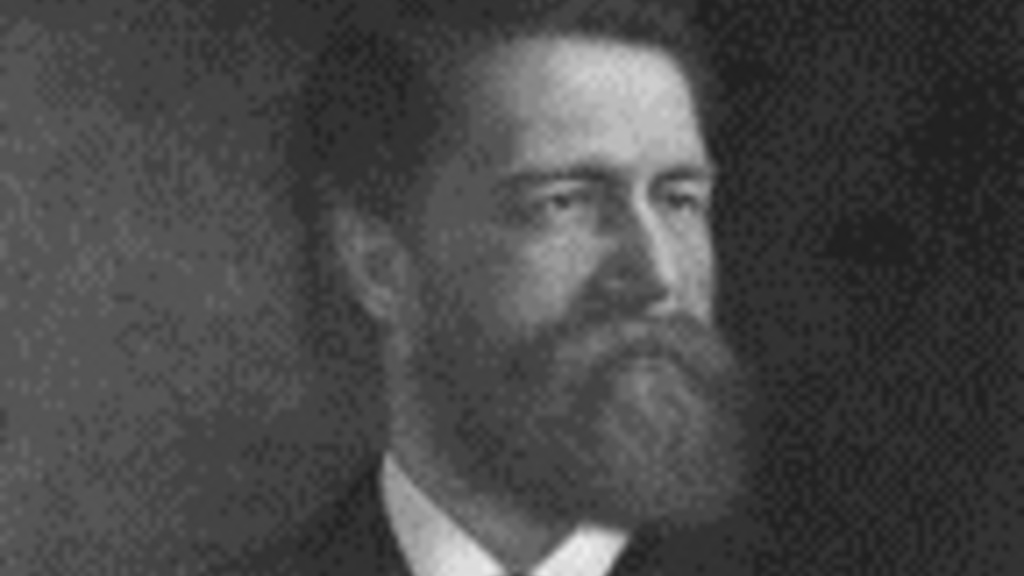
Washington Freeman Peck, AM, MD
1870-1891Prominent during the early organization of the medical school was Washington Freeman Peck, MD, a physician who was to become the first head of the Department of Surgery and the first dean of the medical college. Peck chose the first group of faculty, which was sanctified by the Board of Regents. His choice of faculty was lauded as highly desirable because they were outstanding individuals. In 1876, he became president of the Iowa State Medical Society. He would later serve as vice president of the American Medical Association and become a charter member of the American Surgical Association, the most prestigious surgical association in the United States to this day. His tenure lasted from 1870 to 1891.
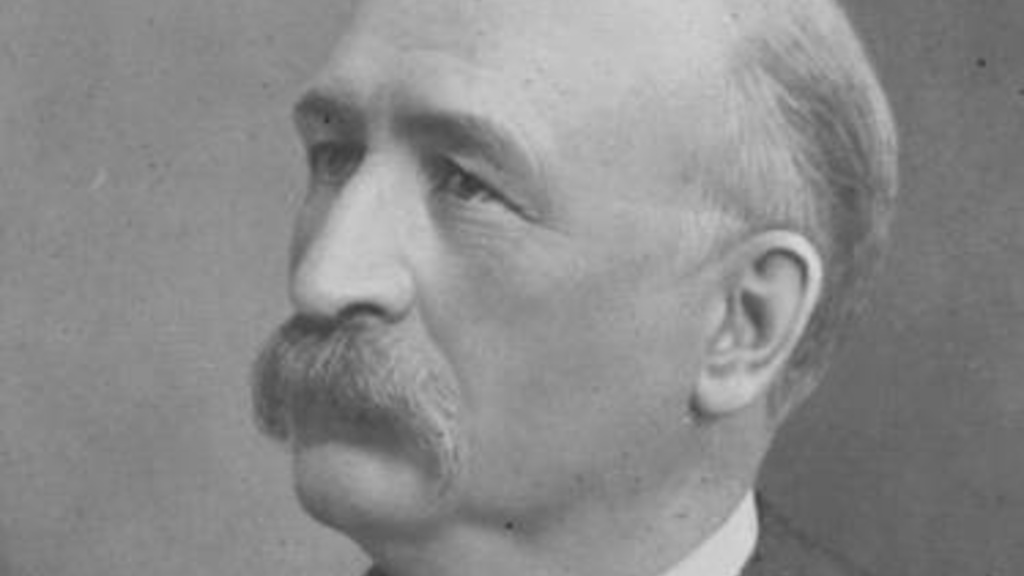
William Drummond Middleton, MD
1891-1902W.D. Middleton, MD, was named chief of surgery, to succeed Peck. Middleton was also appointed dean of the medical School in 1895. Middleton’s students formed the Middletonian Medical Society in 1900, which provided junior and senior medical students the opportunity for discussions of medical topics with faculty outside of the classroom. Middleton was early to recognize the microbial origin of disease and, as if to prove his belief, died at the age of 58 from an infection accidentally contracted from a patient that he had been treating.
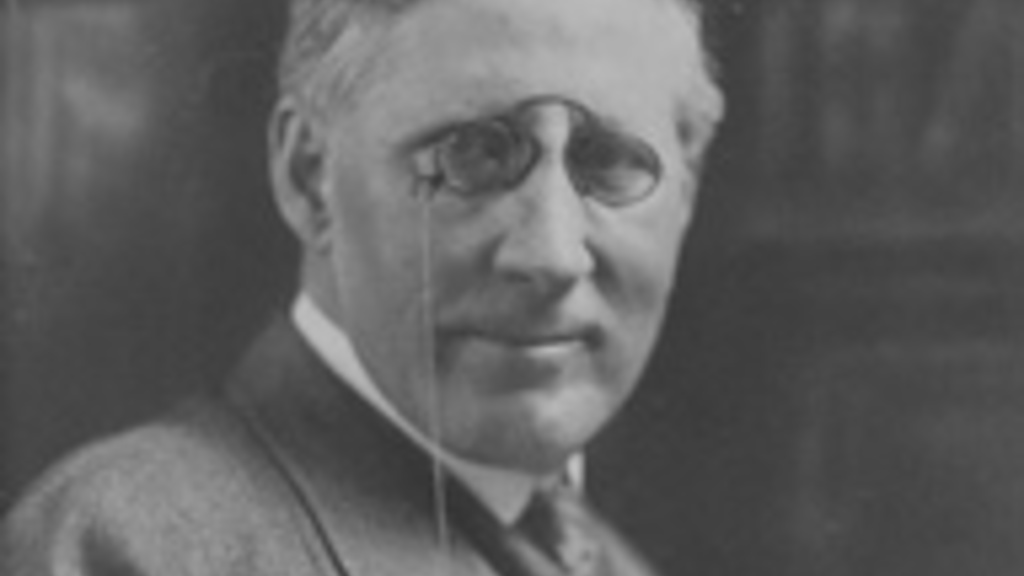
William Jepson, BS, MD
1902-1912William Jepson, MD, was appointed professor of surgery to succeed Middleton as head of surgery. Jepson resigned as head of surgery in 1912 and was succeeded by C.J. Rowan, MD, of Rush Medical College in Chicago in 1913.

Charles Joseph Rowan, AB, MD
1913-1927Rowan brought one of his associates, Howard Beye, MD, to Iowa with him. In 1927 after Rowan’s resignation, Beye was appointed head of the department.
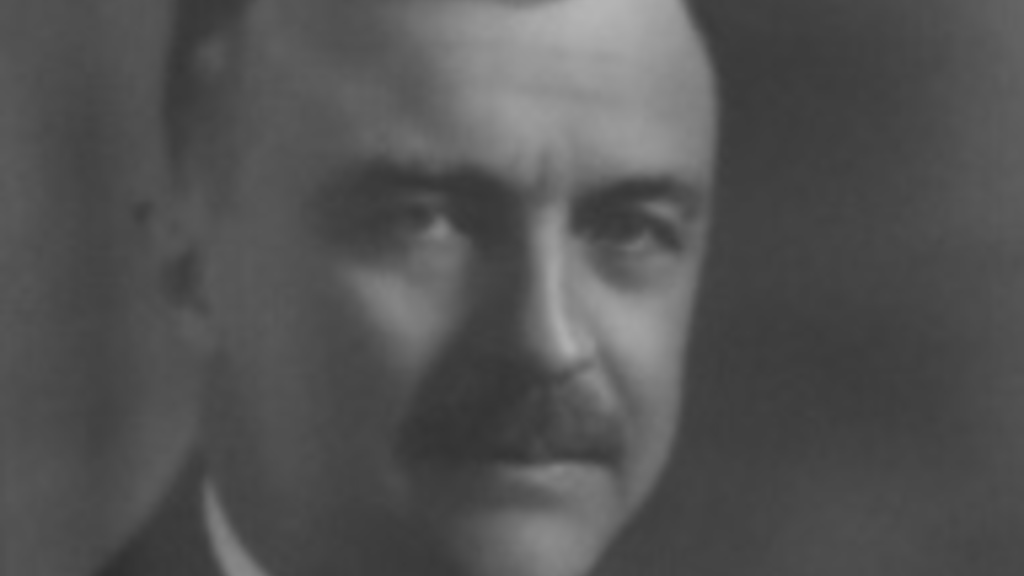
Howard Lombard Beye, MD
1927-1936After Rowan’s resignation, Beye was appointed head of the department, a post he held from 1927 to 1936.
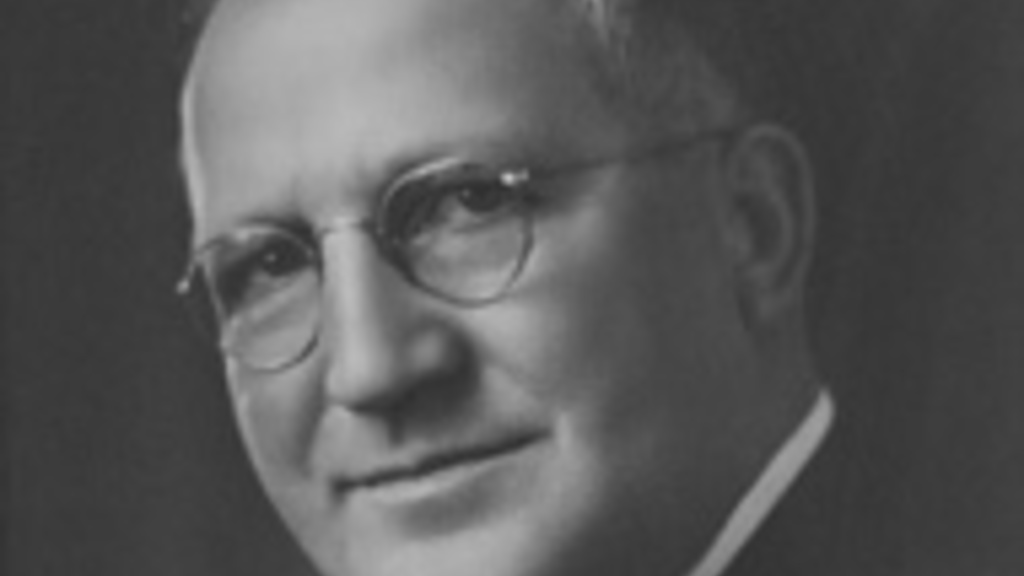
Frank R. Peterson, MD
1936-1947Frank R. Peterson, MD, succeeded Beye as head of the Department of Surgery. His tenure in the department was from 1936 to 1947.
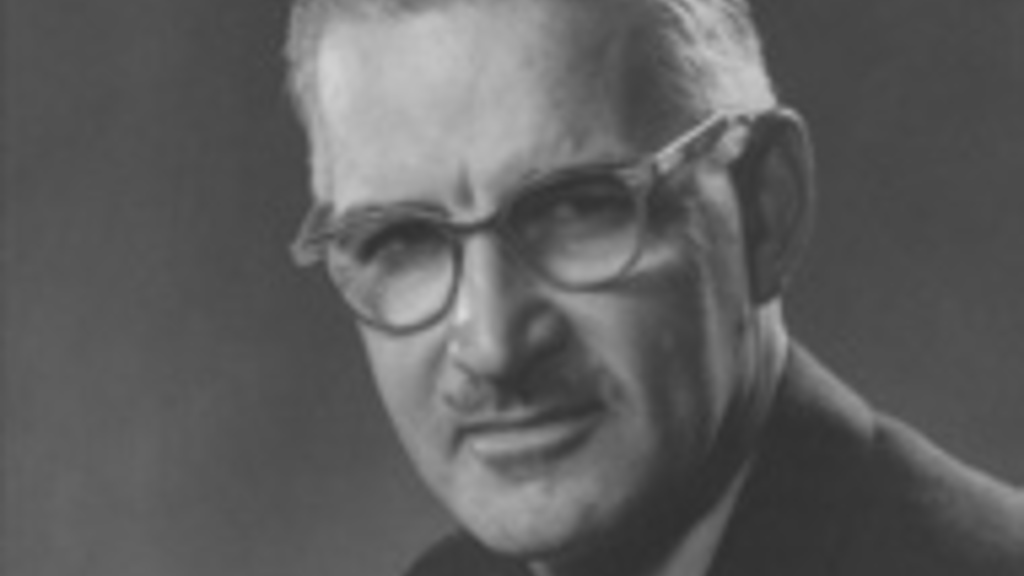
Robert Thompson Tidrick, MD
1947-1948Robert Tidrick, MD, served as head of the department from 1947 to 1948,
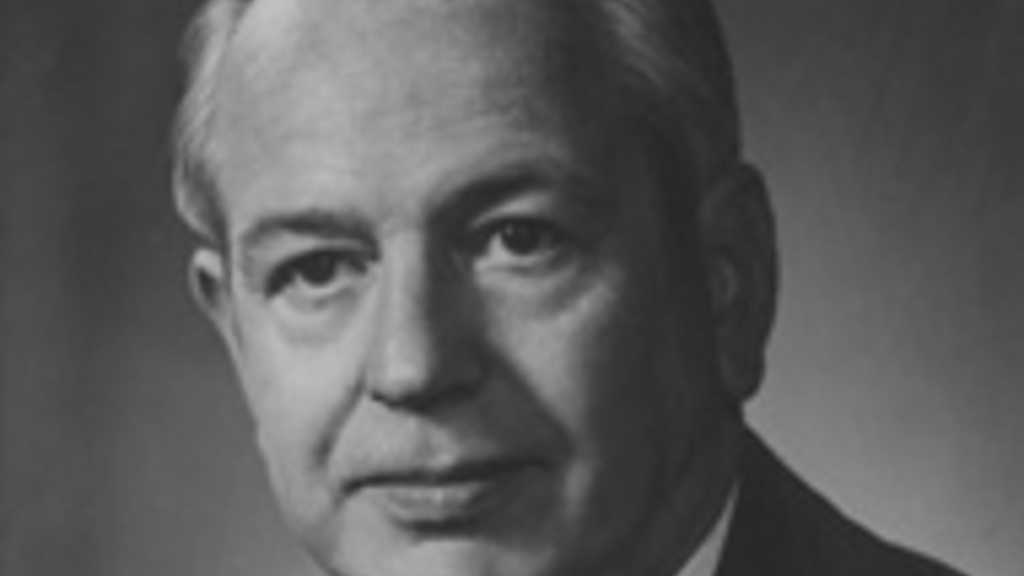
Nathan A. Womack, MD
1948-1951Nathan A. Womack, MD, whose tenure as head of the Department of Surgery continued from 1948 to 1951. He was a recognized leader with a sound philosophy for patient care, surgical education, and clinical investigation.

Robert Thompson Tidrick, AB, MD
1951-1969In 1951, Tidrick once again became head of the Department of Surgery, a job he held until 1969. When Tidrick left the University of Iowa in 1969, he became the founding member of the newly established Medical College of Ohio in Toledo. He was perhaps best known clinically for his interest in inflammatory bowel disease.
Richard L. Lawton, MD, initiated the technique of extracorporeal hemodialysis in Iowa in 1957 at the Iowa City Veterans Affairs Medical Center, which was the prelude to the establishment of a renal transplant center. The first kidney transplant was performed in November of 1969 by Lawton.
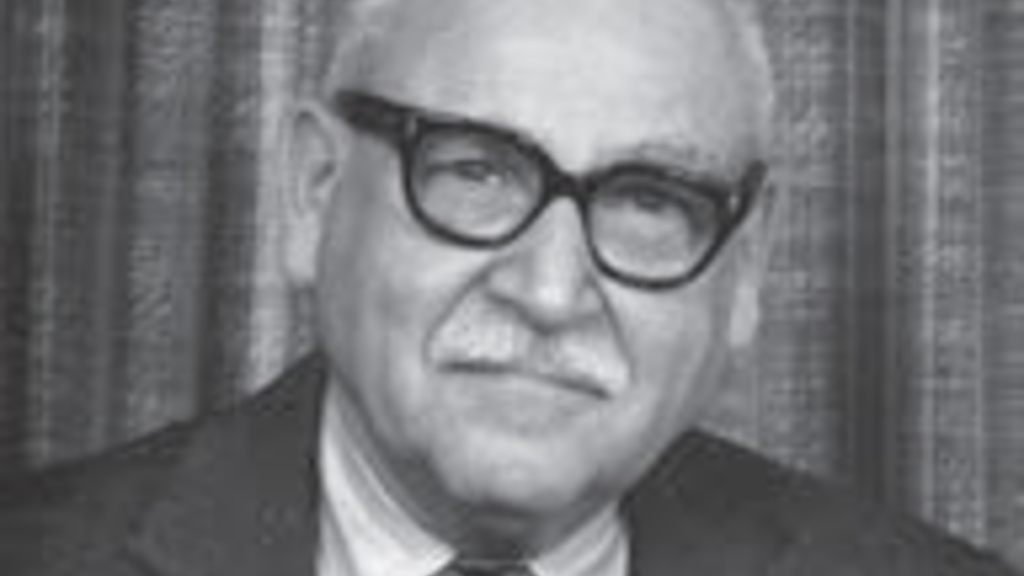
Sidney Edward Ziffren, BS, MD
1969-1970Sidney Ziffren, MD, was appointed acting head of the Department of Surgery in 1969. During Ziffren’s one-year tenure in this position, he created a Division of Peripheral Vascular Surgery.
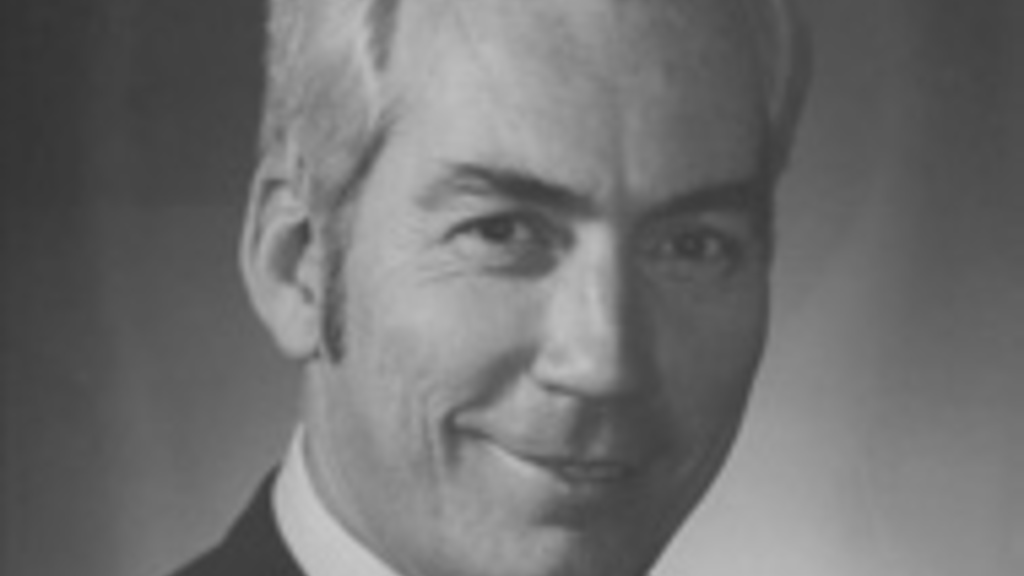
Robert Edward Condon, AB, MS, MD
1971-1972In 1971, it was finally decided to appoint Robert E. Condon, MD, to the position of head of the Department of Surgery. His tenure lasted about one year. He enjoyed an international reputation as an expert in surgical infection, GI motility, and hernia repair.

Sidney Edward Ziffren, BS, MD
1972-1981Ziffren was again appointed chairman of the department, and stability was brought to the Department of Surgery between 1972 and 1981, known as the “Era of Ziffren.” He was a leader dedicated to surgical education. An example is highlighted through the development of the Ziffren Professorship, which was established to honor Ziffren and designated to be held by the director of the department’s surgical residency training program.
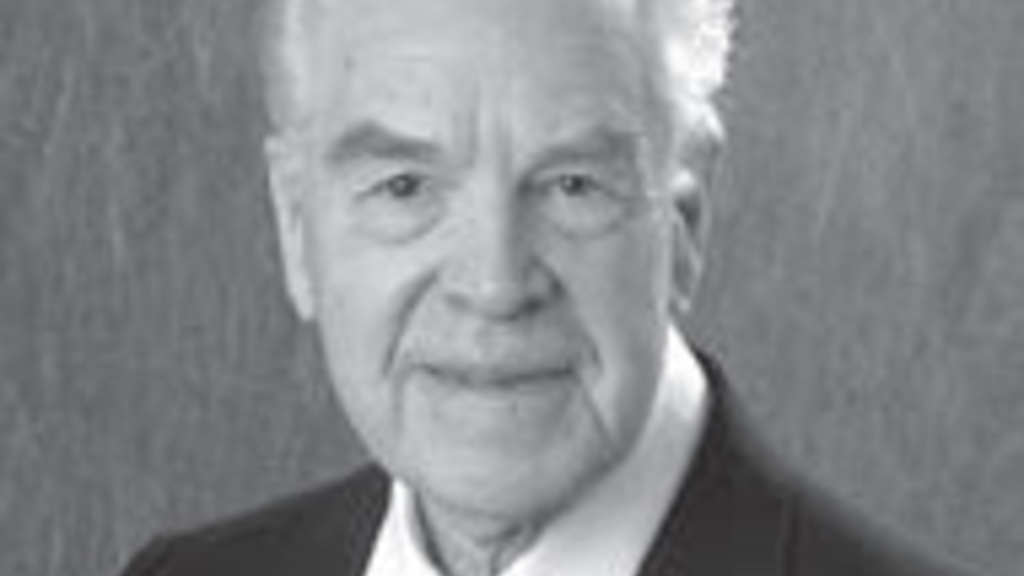
Edward Eaton Mason, BA, MD, PhD
1981-1982An important contributor to national and international knowledge was Edward Mason, who served as head of the Department of Surgery from 1981 to 1982. Mason’s primary interest was the surgical treatment of obesity by manipulation of stomach size. Mason is known worldwide for his innovation in the surgical treatment of morbid obesity, and he was known as one of the first leaders in this field.

Robert John Corry, AB, MD
1982-1992The next head was Robert John Corry, MD. He was appointed in 1982, and his tenure at Iowa will be remembered for his contributions to the knowledge of transplantation, and certainly with an academic aura that reflects favorably on the Department of Surgery.
Corry held the role of chair from 1982 to 1992. The first pancreas transplant in Iowa was led by Corry. Many techniques during the pioneering days of pancreas transplantation were established at the University of Iowa. The transplant unit here was one of the three most productive pancreas transplant centers in the development of that procedure, paving the way for the development of liver and pancreas transplant programs at Iowa. In 1984, he led the first liver transplant team in the state of Iowa. Kidney, liver, lung, heart, and pancreas transplants are all now performed at the University of Iowa.
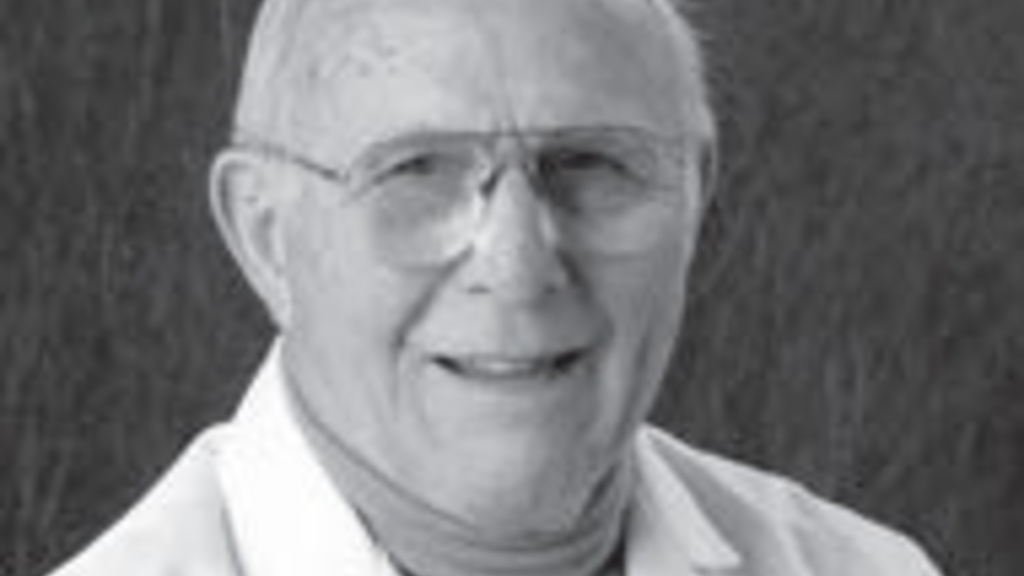
Robert Tunnicliff Soper, AB, MD
1992-1995Robert T. Soper, MD, who established the department’s pediatric division in 1963, served as chair from 1992 to 1995. Soper was a prominent pediatric surgeon for almost four decades. He was the first surgeon to specialize in pediatric surgery in Iowa.

Carol EH Scott-Conner, BS, MD, PhD, MBA
1995-2005Carol E.H. Scott-Conner, MD, PhD, MBA, served as chair from 1995 to 2004. Scott-Conner was only the second female head of a surgery department in the nation when she came to Iowa in 1995. Her accomplishments include helping UI Health Care earn certification as a Level 1 Trauma Center, the highest level offered by the American College of Surgeons. She served on 9
countless committees institutionally, regionally, and nationally, including serving on a NASEM committee studying cancer risks and radiation exposure during crewed space missions.

G. Patrick Kealey, MD
2004-2005G. Patrick Kealey, MD, burn and trauma surgeon within the Division of Acute Care Surgery, held the position as chair from 2004 to 2005.
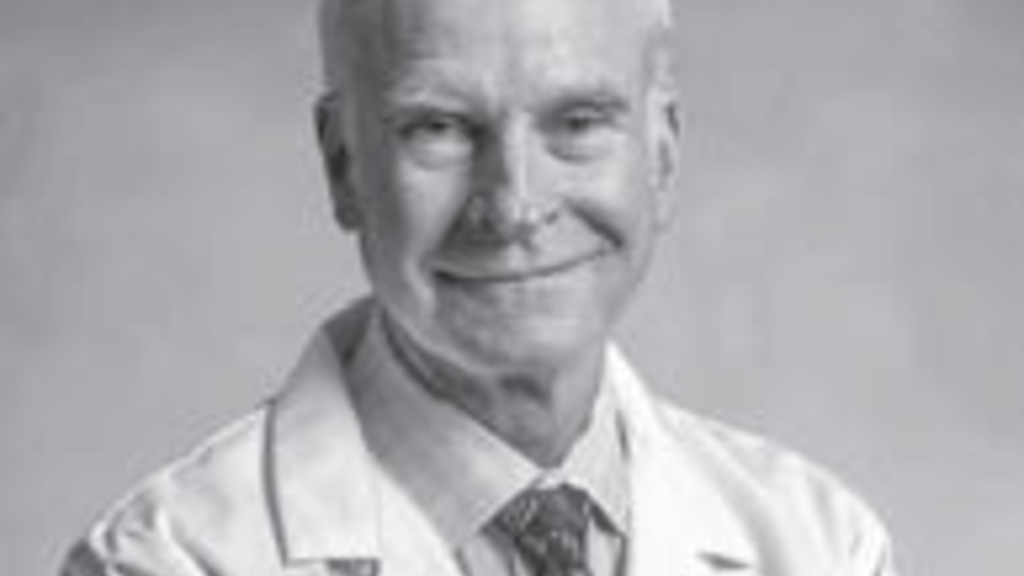
Ronald J. Weigel, MD, PhD
2005-2025Ronald J. Weigel, MD, PhD, has served as chair since 2005-2025 the longest tenure of any chair in the department’s history. He grew the department by over 50% in the first five years as chair. His national prominence and involvement in top-tier national organizations gave him the ability to identify and recruit superb faculty to the department. Under his leadership, the department grew to nine divisions providing 24/7 surgical services. Weigel supported a strong commitment to surgical education for student, residents, and fellows as well as a prominent research department.

Vikas Dudeja, MBBS, FACS
2025-PresentVikas Dudeja began his tenure as the E. A. Crowell Jr. Professor and Chair of the Department of Surgery at the University of Iowa on June 30, 2025. A distinguished surgeon-scientist, he specializes in pancreatic and hepatobiliary diseases, and his research centers on the pathobiology of pancreatic cancer and pancreatitis with a strong focus on translating laboratory discoveries into new therapeutic strategies. His work is supported by funding from the NIH, the Department of Defense, the Veterans Affairs, and many other society grants. A recognized leader in academic surgery, Dudeja has developed innovative clinical programs, holds prominent national leadership roles, and is an active member of several prestigious surgical societies. As chair, he is committed to strengthening the department’s clinical excellence, expanding innovative surgical programs, advancing scientific discovery, and fostering the education and development of future generations of surgeons.